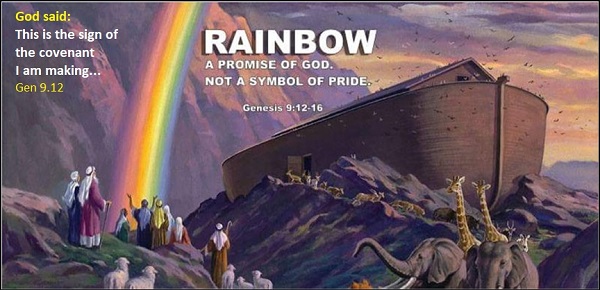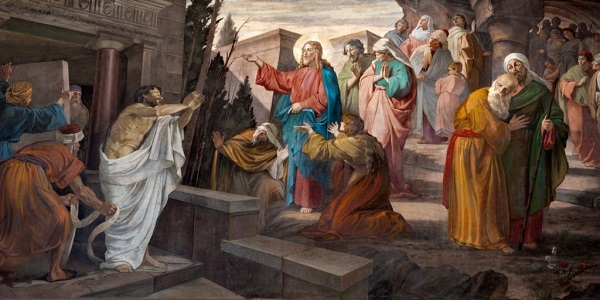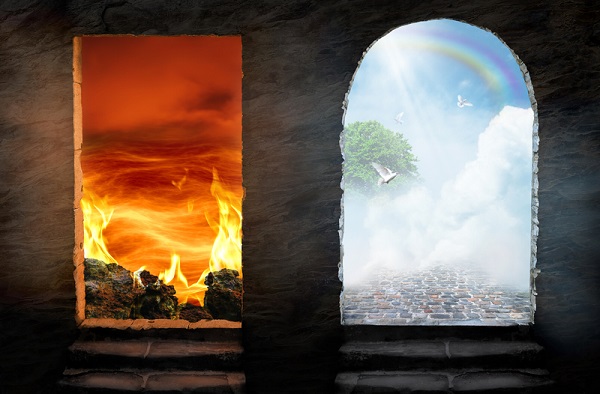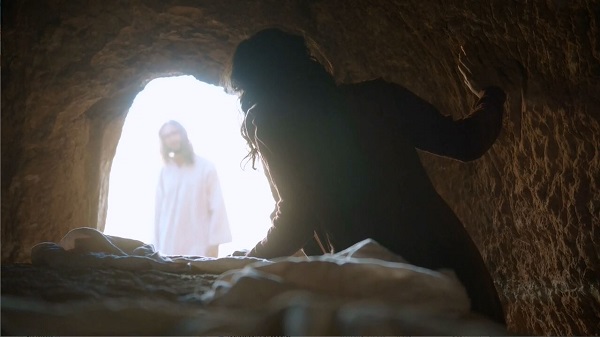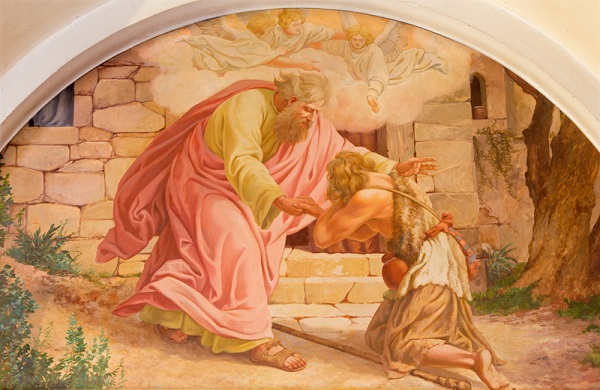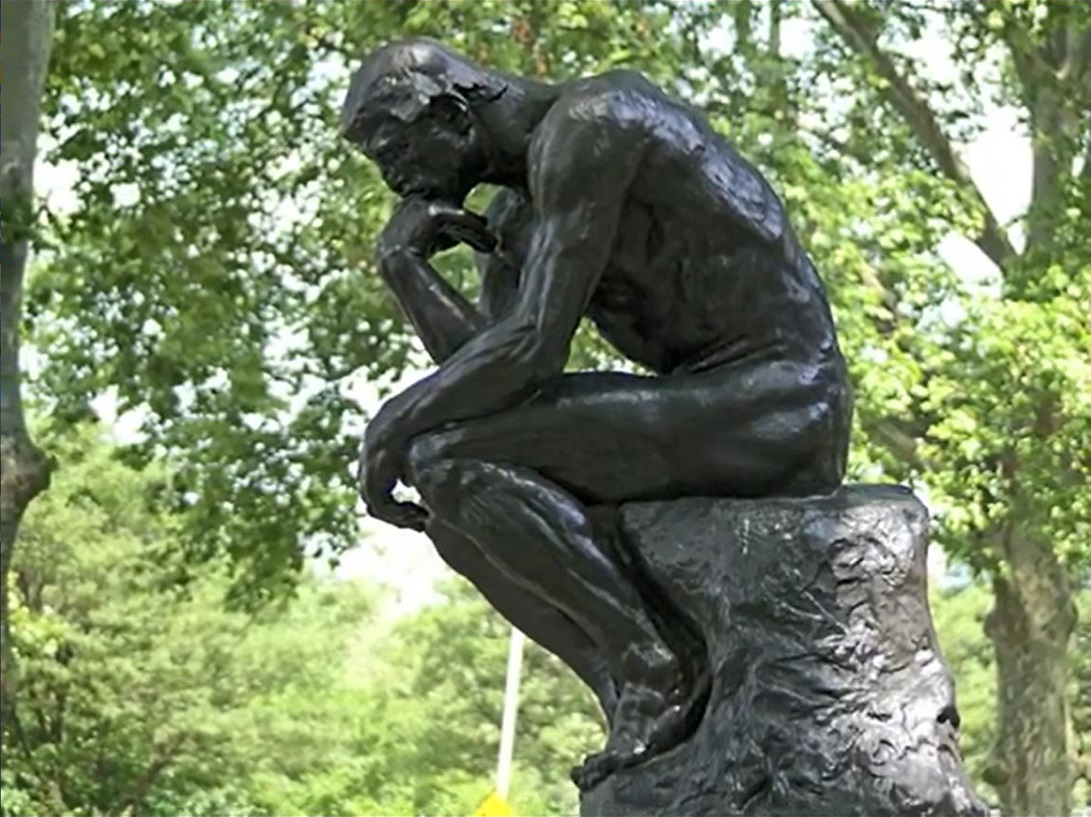
“The Thinker” by Auguste Rodin
Before showing the foolishness of being embarrassed when said embarrassment is caused by ignorance of Christian belief, we must deal with the lead and clearly false statement “Christianity is anti-intellectual” which shouts a demand for a definition of “anti-intellectual.” So let’s start there.
From Merriam Webster online:
anti-Intellectual: (adjective) “opposing or hostile to intellectuals or to an intellectual view or approach” [1]
So what’s “Intellectual”? Again from Merriam Webster online:
Intellectual (adjective)
a : of or relating to the intellect or its use
b : developed or chiefly guided by the intellect rather than by emotion or experience : RATIONAL
c: requiring use of the intellect2 a: given to study, reflection, and speculation
b: engaged in activity requiring the creative use of the intellect [2]
Christianity meets all the definitions of being intellectual, therefore based on the logical principal of non-contradiction, since Christianity is intellectual, it cannot be anti-intellectual. To be precise, Christianity meets all the above uses of the word “intellectual.” For intellectuals who may question it, following is a brief illustration that Christianity in fact meets all aspects of being intellectual.

